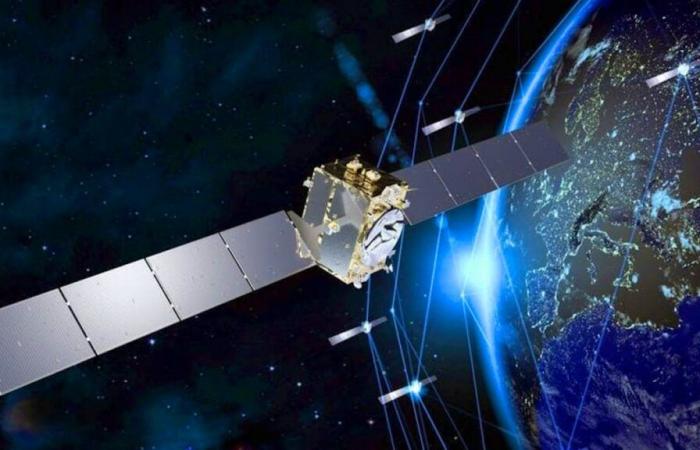In the race for the Internet of Space against Elon Musk, the European Union officially launched, on Monday, its Iris² project for a constellation of secure communications satellites, by signing a twelve-year concession with the SpaceRISE consortium. EU flagship project in space after the Galileo (satellite positioning) and Copernicus (climate monitoring) programs, Iris² plans a network of 290 multi-orbital satellites, offering connection services by 2030. This European constellation of satellites would enable secure communications in key areas such as defence, the European diplomatic network, crisis management and surveillance, but also commercial access to the internet, as the space Internet war rages.
Europe is trying to position itself against Elon Musk’s American SpaceX, which has taken a head start with Starlink, which has become one of the main global providers of satellite Internet. The market for high-speed spatial connectivity, particularly useful for serving isolated regions lacking optical fiber, has become ultra-competitive. At the start of 2024, Starlink claimed to have already put more than 6,000 satellites into orbit and claimed 2.6 million customers, with the goal of deploying nearly 30,000 satellites in total.
The European Union has awarded the management of Iris² to the SpaceRISE consortium, led by the French Eutelsat, the Spanish Hispasat and the Luxembourg SES, for a twelve-year concession, in a public-private partnership. Other partners include Thales, OHB, Airbus Defense and Space, Telespazio, Deutsche Telekom, Orange and Hisdesat. The Iris² budget is estimated at 10.6 billion euros over twelve years: 6 billion from the European Union, 4.1 billion from private investments and 0.55 billion from the European Space Agency (ESA). .
Iris² control centers will be installed in three European countries: Luxembourg, Toulouse in the southwest of France and Fucino in central Italy. “This cutting-edge constellation will protect our critical infrastructure, connect our most remote areas and increase Europe’s strategic autonomy,” assured Henna Virkkunen, Vice-President of the European Commission in charge of technological sovereignty.
On the commercial prospects of Iris², the European Union mentions discussions with the United Kingdom, Norway, Australia, Asian countries such as Japan and South Korea, and African countries.
Are you already following us on WhatsApp?
Subscribe to our channel, activate the little ???? and you will receive a news recap every day in early evening.






